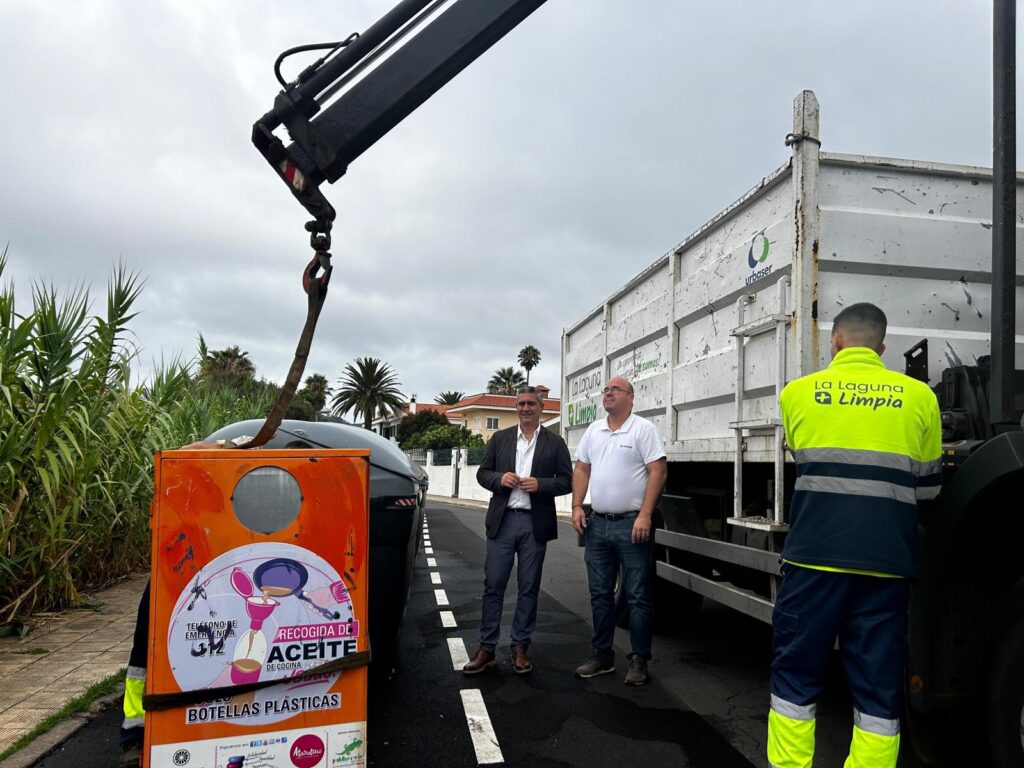
SANTA CRUZ DE TENERIFE, May 16. (EUROPE PRESS) –
The Cabildo de Tenerife, through the public company Balsas de Tenerife (Balten), will analyze the present and future prospects of reclaimed water in Spain in a conference that will take place on June 9 at the Faculty of Physics and Mathematics of the University of La Laguna.
The conference will be a meeting point for agents of the insular public sector, companies and water professionals at a regional and national level and will feature about a dozen experts in the field, such as Francisco Rodríguez Mulero, president of the State Mercantile Society of Infrastructures Agrarias (SEIASA), and María Luisa Tejedor, professor of Edaphology and Agricultural Chemistry and former rector of the University of La Laguna.
The Island Councilor for Agriculture, Livestock and Fisheries, Javier Parrilla, highlighted the importance of this meeting and assured that “given the current situation of drought and water uncertainty, reclaimed water has established itself as the necessary alternative to guarantee the supply of water and the production of the agricultural sector”.
The program will be divided into two blocks of five and four presentations, and will include a panel discussion at the end of each block. They will address the behavior of agricultural land with the irrigation of reclaimed water on the island and the use of non-conventional water for irrigation within the framework of the Central Government’s Recovery, Transformation and Resilience Plan.
Issues such as the new European regulation for the reuse of reclaimed water and its impact on the Spanish legal system will also be discussed, the reclaimed water reuse systems in Tenerife and Murcia, or the upcoming actions in terms of reclaimed water reuse that will be underway in Tenerife.
Experience in the reuse of wastewater in Tenerife began in 1984. The first reuse system to come into operation was that of Santa Cruz – Valle de San Lorenzo, and today it continues to be essential to guarantee irrigation to the south of the island.
The entity is currently working on expanding the number of pipelines, as well as improving their efficiency and sustainability.
Javier Parrilla recalled that the production of desalinated water entails a considerable energy cost, “that is why the implementation of renewable energy in the reservoirs and ponds on the island is essential.”
In this sense, he advanced that the installation of photovoltaic panels has already begun in the Valle San Lorenzo pond (Arona), which is expected to be completed in September 2023, and which will mean an annual saving of more than 220,000 kilos of CO2. The photovoltaic installations of Lomo del Balo (Guía de Isora), El Saltadero (Granadilla de Abona) and Valle Molina (Tegueste) will soon follow.
















